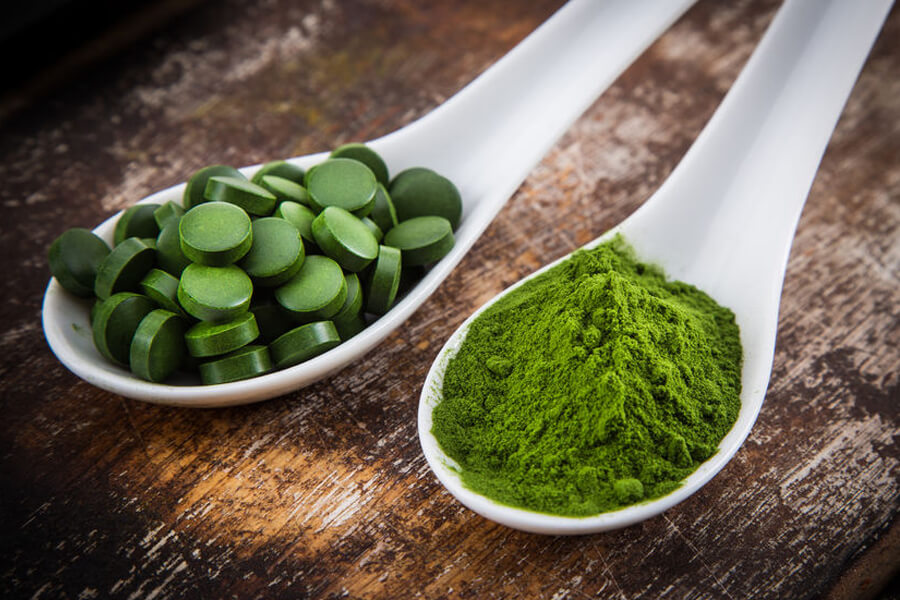A new study has found that the superfood spirulina may help reduce blood pressure.
What is spirulina?
Made from the dried biomass of algae, spirulina is now added to foods and used as a supplement, often in tablet form. Because it’s high in iron, protein and other nutrients, researchers have studied its ability to help those who are malnourished.
Previous research has shown that spirulina can help control inflammation and glucose and lipids levels in the blood. It may also protect against some forms of cancer and reduce the symptoms of allergic rhinitis (a.k.a. “hay fever”).
The new study on blood pressure
Scientists from a variety of Italian institutions looked at spirulina’s potential to reduce high blood pressure. For this study, they used mice, which closely resemble humans in terms of many physical processes.
They started by recreating the effects of digestion on spirulina in order to isolate the peptides that would be absorbed by the human body.
Next, the team looked at how the digested spirulina affected the arteries and found that it caused the arteries to relax. This process is mediated by nitric oxide, which plays a role in maintaining blood pressure.
Finally, the researchers identified which peptide was responsible for relaxing the arteries. They found that it was SP6, which interacts with an important signaling pathway to release nitric oxide.
To further test their findings, they administered SP6 to the mice and found that it dropped their blood pressure.
The study’s lead author, Professor Carmine Vecchoine, says, “SP6 could be a natural adjuvant to common pharmacological therapies in order to improve endothelial function and, consequently, combat hypertension.”
High blood pressure in the United States
The Centers for Disease Control and Prevention reports that nearly one-third of adults in American are affected by high blood pressure, making it a priority to find a safe, cost-effective compound that could extend lives. A natural option like spirulina would be a welcome breakthrough.

